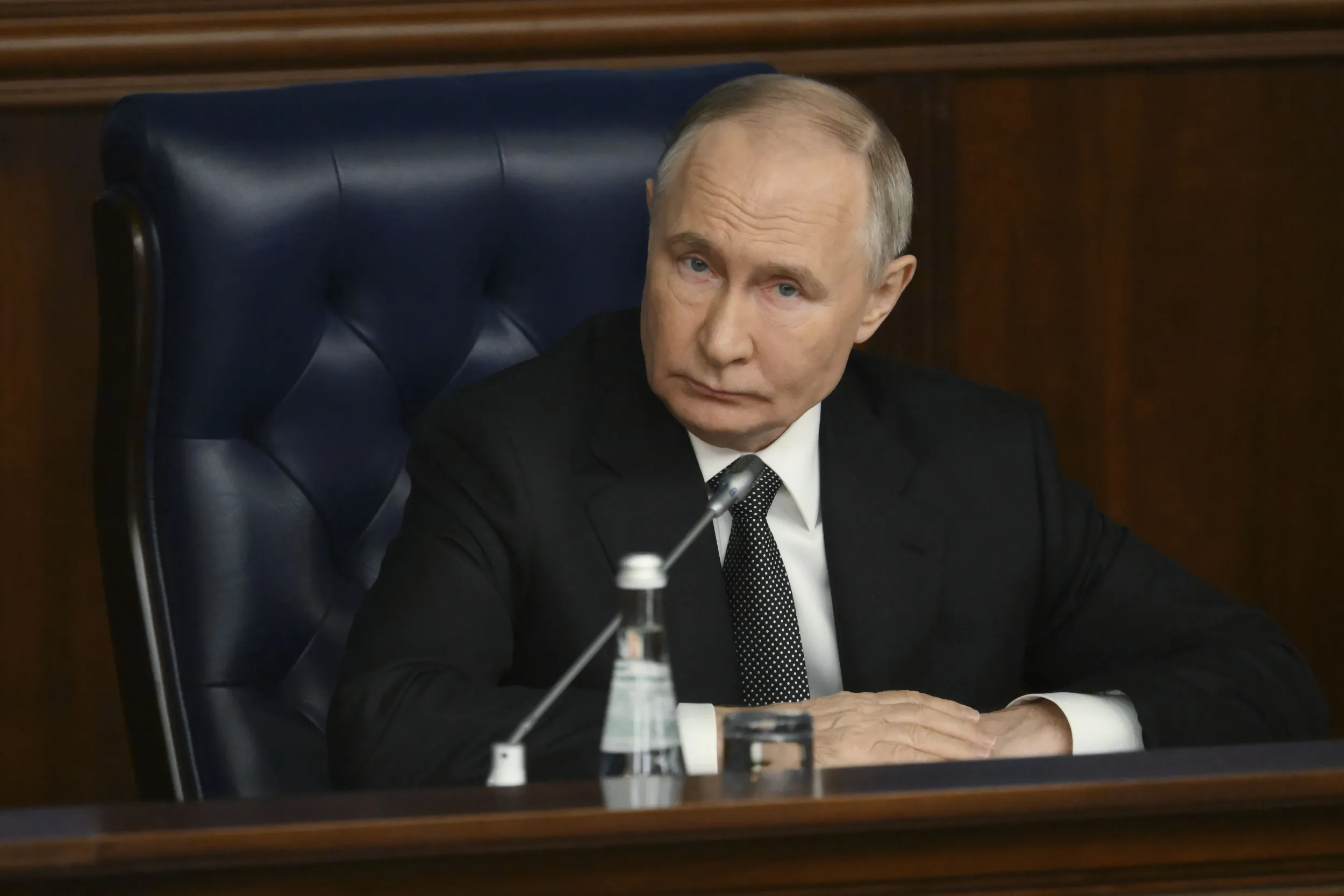European Union Sanctions Against Russia's Shadow Fleet in the Ukraine War

New Wave of Sanctions Against Russia
The European Union unveiled a new wave of sanctions on Monday targeting dozens of Russian officials, entities, and vessels linked to the ongoing war in Ukraine. This move broadens the EU's efforts to choke off support for Moscow's war machine while also penalizing foreign actors aiding Russia's military and trade activities.
Details of the Sanctions
- List includes 54 individuals and 30 entities, including government officials and companies.
- The sanctions also extend to a fleet of shadow vessels transporting Russian oil, gas, and stolen Ukrainian grain.
- Among those sanctioned are two North Korean defense officials, No Kwang Chol and Kim Yong Bok, accused of bolstering military cooperation with Russia.
Impact on Russia's Shadow Fleet
Russia's shadow fleet, used to circumvent sanctions on energy exports, faced a significant blow with 52 additional ships banned from European ports and services. Other targets include Russian defense firms, chemical plants, and a civil airline aiding logistic support for Russia's armed forces.
Involvement of Foreign Entities
For the first time, the EU is directly targeting Chinese nationals and companies, accusing them of providing drone parts and electronic components to Russia. Entities in India, Iran, Serbia, and the United Arab Emirates are also under scrutiny for allegedly facilitating the transfer of sensitive technologies or aiding Russia in bypassing EU restrictions on trade and military equipment.
Disclaimer: The information provided on this site is for informational purposes only and is not intended as medical advice. We are not responsible for any actions taken based on the content of this site. Always consult a qualified healthcare provider for medical advice, diagnosis, and treatment. We source our news from reputable sources and provide links to the original articles. We do not endorse or assume responsibility for the accuracy of the information contained in external sources.
This article was prepared using information from open sources in accordance with the principles of Ethical Policy. The editorial team is not responsible for absolute accuracy, as it relies on data from the sources referenced.